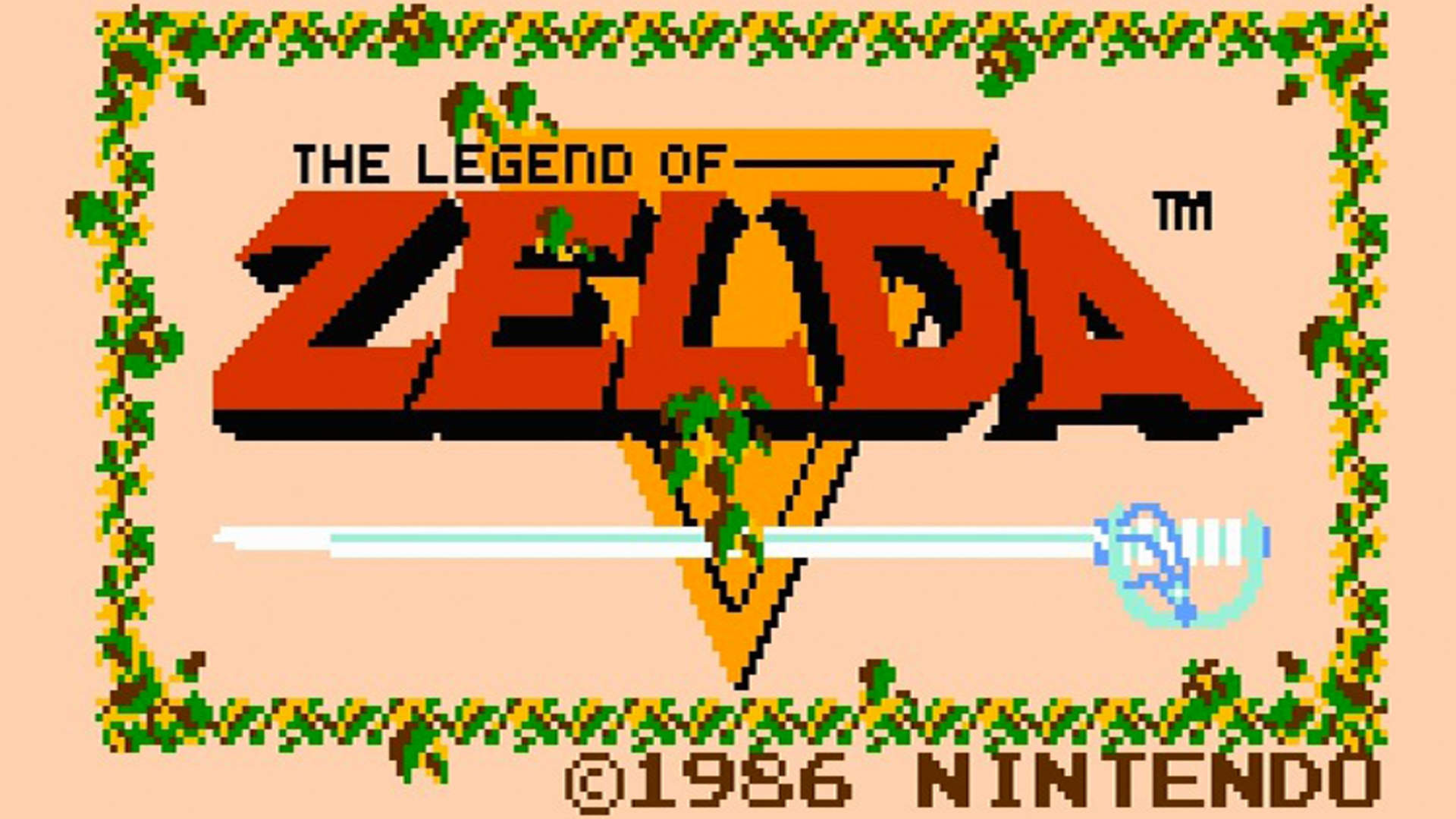The Legend of Zelda (1986) is Nintendo’s first game in the Legend of Zelda series. You play as a young boy who ventures out to save the princess, Zelda, battling through treacherous dungeons and fighting dangerous monsters.
This was my first experience with a game that was created before I was born. I had been hoping to play more of the Zelda series ever since playing Breath of the Wild (2017). I was excited to find out that Nintendo had actually ported a lot of their first game and providing them for free with Nintendo Online. Needless to say, I was very surprised.
The first thing that stood out to me is how much I have been spoiled throughout my gaming experience. I went into the game blind, doing no research as I wanted to experience what people who played it when it first came out experienced. The game gives no ease in time, you jump right in. There’s no tutorial or exposition about what you’re doing and why. I struggled to move properly without moving diagonally as an option, and the movements on the Switch were uncomfortable. For the first time in a while, I felt like a complete beginner and stranger to a game.
Throughout the game, the biggest thing I learned was patience and to learn from my mistakes. I died many times and got frustrated with how little progress I was making. The pace of this game is the first thing I want to analyze.
Over time, society has become quicker and quicker. There is always something to do with new technologies, different medias of entertainment, etc. Many games these days require little patience or lack simplicity (unless the game strives to do so, such as slow/cozy games). We live in a world where if you standstill, you’re not making progress. However, when I played Legend of Zelda (1986), sometimes standing still was the right move to do. In order to block a projectile or time my sword swings properly, running at the enemy was rarely the answer. It was a large test of my patience, as I often wanted to get moving right away. This slow pace is not a goal or an aspect the game focuses on, it is a side-effect of the time it was developed in. Although there were technological limitations when the game was created, I believe the slow pace and simplicity of the game reflects how society was when it came out. I assume when The Legend of Zelda (1986) released, the excitement society had for it is proportional to the excitement our society had when Breath of the Wild (2017) released. The pace of our lives, and therefore our games, have increased over the past four decades. This is neither good or bad, but rather a neutral result. It has only been a natural progression towards a faster paced society, that has brought along both benefits and consequences.

Another thing that stood out to me while playing was the difficulty and labor it took to get a few rupees. This made me think about why I had to spend rupees at all! Why did I have to spend rupees to progress rather than just have a natural progression where I gain needed items. This made me reflect on the economy of the game and how capitalism has impacted games in general.
Truthfully, what peaked my interest in this topic was when another game popped up in the shop, called The Legend of Zelda: Living the Life of Luxury (2018). In this version of the game, the player is given all the items they need and a bunch of rupees at the start. This was meant to make the game easier and more friendly to those who were new to the platform. I thought it was interesting that the level of difficulty corresponded to money and luxury. Money has always been a focus in our society, and is associated with making life easier, and in this version of the game that is directly revealed. The fact that it was released recently also shows how our patience has changed over time. Our threshold for difficulty seems to be overall lower in our current society compared to in the past.
This can also be seen in pay-to-win games where players can pay real money to gain benefits within a game to make it easier or give them an advantage over other players. Although this is different than spending rupees in a shop, its still paying to gain an advantage. Present games have built upon this aspect and still integrate shops as a main mechanic of the game. No matter where you go, even in The Legend of Zelda (1986) it seems you cannot escape money.
Overall, it was fun and insightful to go back in time and experience how games started out. Their impact can still be seen in the modern games we play today. While playing The Legend of Zelda (1986), I learned a lot about myself and how the society I grew up in has affected my perspectives on games and what I expect from them. I will definitely come back to it in the future.

